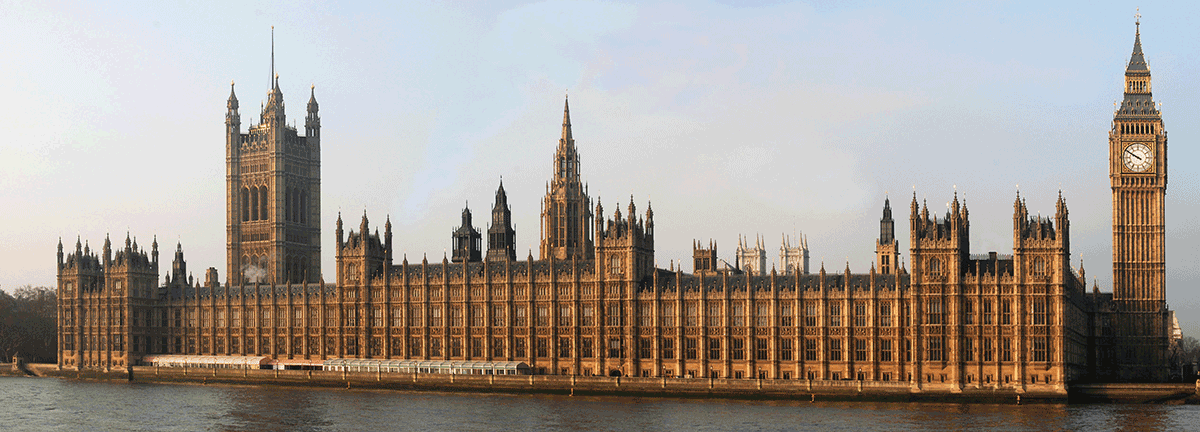POLITICANS in the UK have called on its government to actively support vaping to reduce death and disease from smoking, saying it is far less harmful than cigarettes.
MPs on the Commons Science and Technology Committee have published a report packed with facts, figures and recommendations to relax current vaping laws and make e-cigarettes more attractive to the British public.
The committee noted that about 2.9 million people in the UK are using e-cigarettes, including 470,000 who are trying to stop smoking and vaping could be key in helping the National Health Service (NHS) address the issue.
It also said pubs, employers and train operators should re-think blanket bans on e-cigarette use, with suggestions like vaping carriages on trains or on buses as a way of making it easier for users.
"Concerns that e-cigarettes could be a gateway to conventional smoking, including for young non-smokers, have not materialised," said Norman Lamb, who chairs the committee....E-cigarettes could be a key weapon in the NHS's stop-smoking arsenal".
The report acknowledged that further research is needed to investigate the risks associated with long-term use of e-cigarettes but it concluded that the balance of risk is heavily in favour of using them as nicotine delivery devices to encourage smokers to switch from conventional cigarettes, which currently kill about 79,000 people in England every year.
Most public and private organisations have currently extended bans on smoking in public places to e-cigarettes, despite them being exempt from "smoke-free" legislation and being significantly safer.
Instead vaping should be incentivized, MPs agreed, and dedicated vaping carriages on trains could be part of this.
"Many businesses, public transport providers and other public places do not allow e-cigarettes in the same way that they prohibit conventional smoking," the report said. "But, there is no public health” or fire safety ”rationale for treating the use of the two products the same."
Norman Lamb explained further to British newspaper The Independent: "It [vaping carriages] needs to be considered. I would have no problem with that.
"I would choose as a preference to sit somewhere where there wasn't vaping but there is not the same public health argument to protect people from second-hand vape as there is for smoking."
At present e-cigarette consumers typically have to use the same outside space as conventional smokers, even though they may be trying to quit the habit.
John Donne, of the UK Vaping Industry, compared this practice to "putting an alcoholic in a bar".
The report is also critical of attitudes to e-cigarettes within the NHS. "Forty per cent of people with mental health issues still smoke," said Mr Lamb, a former health minister, "yet we found that scandalously one-third of NHS mental health trusts ban e-cigarettes within their facilities."
The committee found that even among health literate NHS trusts, two-thirds are concerned about the dangers of "second-hand e-cigarette vapour". This is preventing common sense policies to promote them to smokers, particularly among mental health patients, it highlighted further.
"These blanket bans, treating it in the same way and pushing vapers in to the same "sin bin" as smokers, is actually highly questionable in public health terms," Mr Lamb added.
"It makes it more difficult for people to give up smoking, it's less of an incentive and it pushes people back in to the company of smokers so it increases the risk of returning to cigarettes.
"Public places, public organisations and indeed private organisations need to think more carefully and base their policies on the evidence rather than an assumption that it's as dangerous as smoking."
Other regulatory overhauls the committee is telling the government should implement include:
- Removing upper limits on the nicotine strength of vape fluids, as these dissuade heavy smokers, who stand to benefit most from switching, as it is hard to get the same hit from each puff;
- Making it easier to license e-cigarettes as medical products so more people see them as quitting aids;
- Relaxing strict advertising rules to allow health benefits relative to smoking to be promoted;
- Ensuring taxation continues to reflect relative risks, with e-cigarettes being the cheapest products, conventional tobacco products the most expensive. It adds "heat not burn" products, heavily marketed by tobacco companies, should "fall somewhere in between".
Experts have welcomed the recommendations, saying that although the suggestions may seem "radical" the evidence backs the drastic action needed to cut the risk of cancer deaths.
Shirley Cramer, chief executive of the Royal College of Public Health, said speeding up licensing of e-cigarettes as medicines "potentially opens the door to thousands more smokers who would otherwise not consider vaping as a means of quitting".
"We would emphasise to any smoker considering switching that not only is vaping a far safer alternative, it is also likely to be much more affordable," she added.
Professor Linda Bauld from the University of Stirling said: "Its recommendations are not likely to be popular with all, and some of them may be difficult or complex to implement. But government, regulators and service providers should take note."
The committee has now recommended a transparent long-term research programme to investigate the risk of the increasingly wide range of e-cigarettes and other nicotine-based non-smoking products, with findings being made public annually and via an online hub.






Leave a comment
This site is protected by hCaptcha and the hCaptcha Privacy Policy and Terms of Service apply.